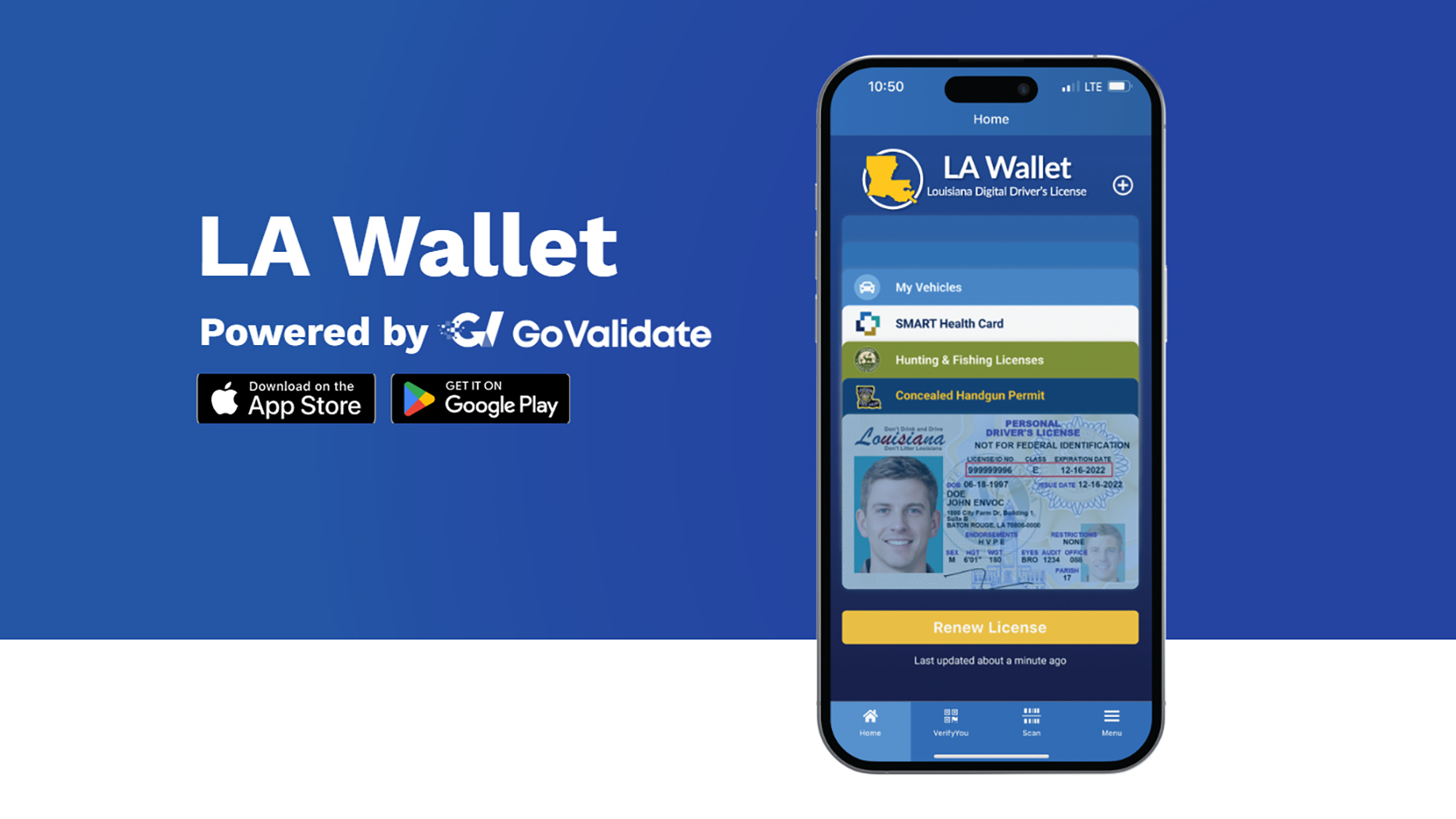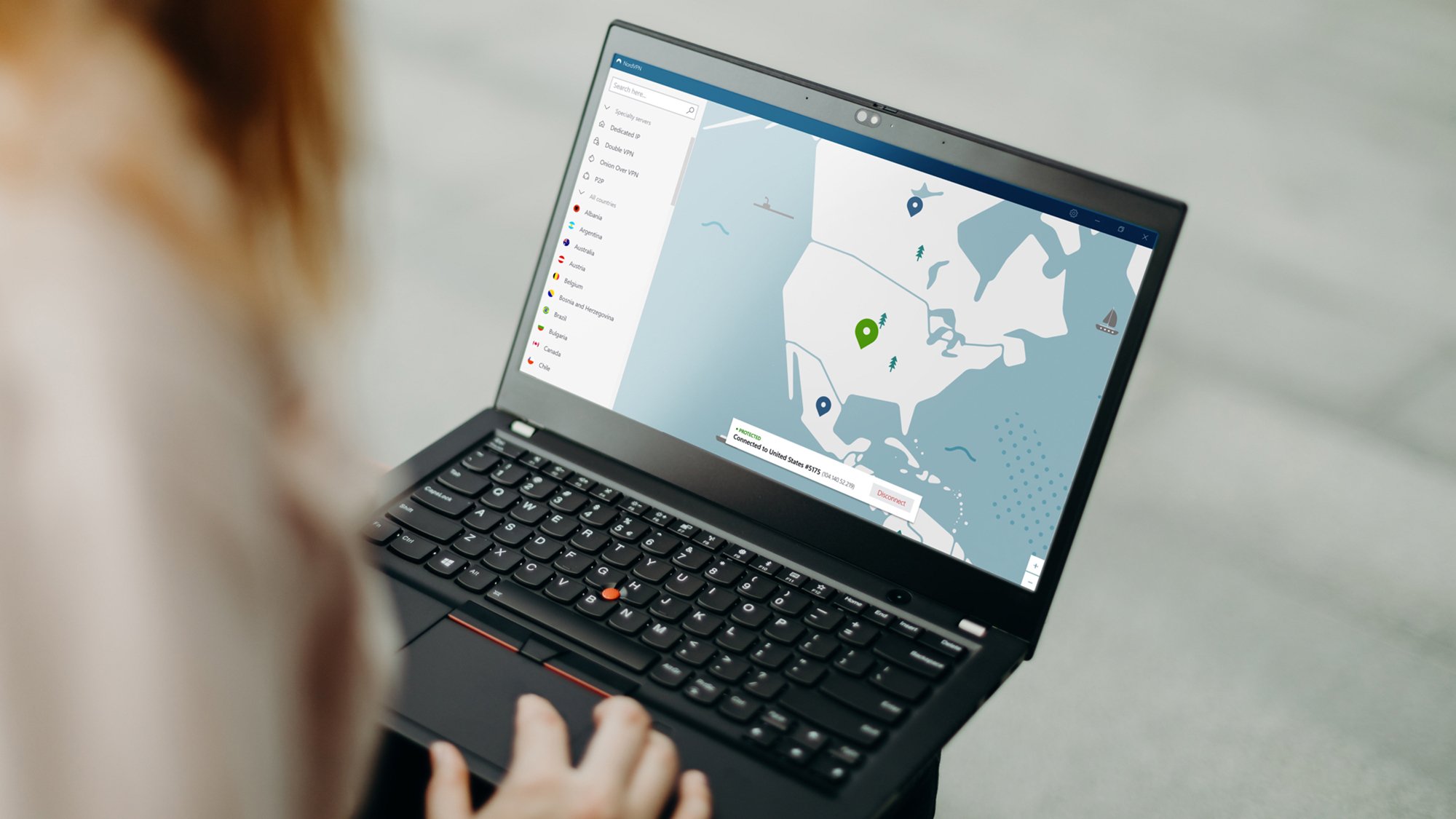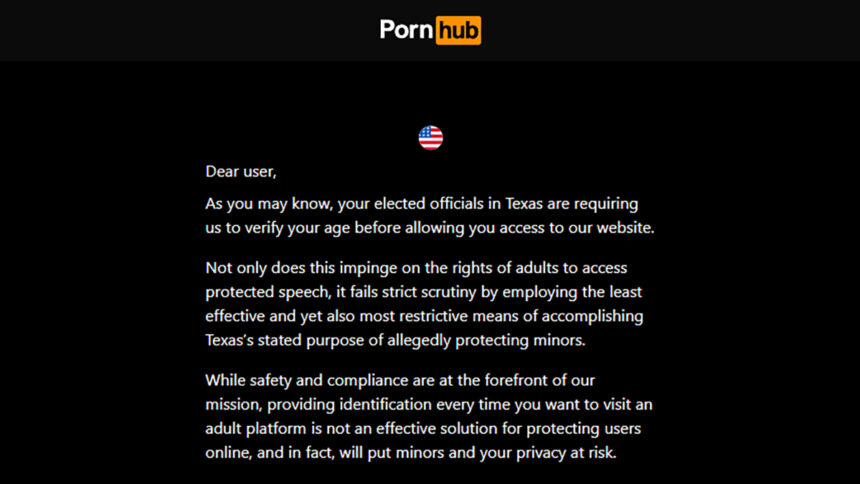The Evolution of Online Adult Entertainment Regulations
The digital realm is evolving at an unprecedented pace, particularly within the substantial sector dedicated to adult entertainment. A growing number of U.S. states now mandate that pornographic websites confirm the age of their visitors. This typically involves users submitting government-issued identification or utilizing other approved age verification methods, a requirement that many find cumbersome and intrusive.
In light of these regulations, Pornhub and its parent company, Aylo, have chosen to protest by withdrawing services in several states. As a result, many users within these regions are actively exploring the best virtual private networks (VPNs) to facilitate continued access to the site.
As of June 2025, age verification has been instituted in 19 states, including Louisiana, Utah, Mississippi, Virginia, Arkansas, Texas, Montana, North Carolina, Idaho, Kansas, Kentucky, Nebraska, Indiana, Alabama, Oklahoma, Florida, South Carolina, Tennessee, and Missouri. An additional five states—Georgia, Wyoming, South Dakota, North Dakota, and Arizona—are set to follow suit in the near future. Moreover, legislative proposals are under consideration in another 16 states, which encompass Oregon, Nevada, Colorado, New Mexico, Minnesota, Iowa, Wisconsin, Illinois, Michigan, Ohio, West Virginia, Pennsylvania, New York, New Jersey, Hawaii, and Maryland. If pursued, the federal SCREEN Act (2025) could further introduce a sweeping set of national specifications.
The legal landscape remains dynamic, with ongoing propositions and appeals at the state level. Notably, two organizations provide contrasting perspectives: the Age Verification Providers Association, which endorses age verification, and the Free Speech Coalition, which opposes it. The debate centers around protecting children from inappropriate content while acknowledging that minors may still access adult material through platforms that lack stringent measures.
A Unique Case: Louisiana

Credit: DailyHackly
Concerns raised by Aylo regarding this legislative wave highlight the ineffectiveness of age verification systems, alongside issues of privacy for individuals aged 18 and over. The company advocates for age confirmation to occur at the device level, potentially through app stores operated by major tech firms like Apple and Google. Texas lawmakers have already implemented a law requiring app stores to authenticate user ages before downloading any applications, regardless of content type.
Louisiana stands apart as the sole state where Aylo is working with an age verification system to maintain access to adult content. The LA Wallet application, which functions as a digital driver’s license, facilitates secure ID verification for users. Aylo’s decision to operate Pornhub in Louisiana hinges on LA Wallet’s ability to ensure anonymity—much like two-factor authentication. While Pornhub cannot identify users, it confirms adult status through the LA Wallet system.
Currently, other states are falling behind in adopting similar technologies. Many lack digital identity verification systems comparable to LA Wallet or have less user-friendly alternatives that do not prioritize privacy. Consequently, the stalemate persists: while state governments and Aylo both mandate age verification for accessing Pornhub, their methods of implementation differ significantly.
Accessing Pornhub When Blocked
No matter one’s stance on age verification laws, employing a VPN allows users to connect to servers in different geographical locations, thus masking their actual whereabouts. If access to adult sites is restricted in certain areas, a VPN emerges as an essential tool for overcoming these obstacles.
This is just one of the many advantages that a VPN can offer. These tools can obscure browsing habits from governmental bodies, law enforcement, and Internet Service Providers. Overall, VPNs enhance privacy and security, making online tracking more challenging—while not guaranteeing absolute anonymity.
DailyHackly has previously explored both free and paid VPN options, alongside the best free alternatives for Android. A couple of notable recommendations are highlighted below. For further browsing suggestions, refer to the links above.
Top Free VPN: Proton VPN

Credit: Proton
Proton VPN has received positive reviews for its exceptional free service, making it an ideal choice for those unwilling to incur costs. The organization behind Proton values privacy, was founded by scientists in Switzerland, and remains independent of major tech corporations. It is a name synonymous with reliability.
For a free VPN, Proton has surprisingly few limitations. Users can connect through only one device and cannot select specific servers based on their location. However, it operates at a satisfactory speed, unlike many other free VPNs. For those requiring additional options and features, paid upgrades are available as well.
With its user-friendly interface, expansive device support, and dependable global server access, Proton VPN stands out among its free alternatives. For those who haven’t signed up yet, register here.
Top Paid VPN: NordVPN

Credit: NordVPN
When it comes to paid VPN options, numerous services deliver outstanding performance, and no single application stands out above the rest. Nevertheless, NordVPN is noteworthy, especially in light of comparisons made to ExpressVPN. It combines speed, versatility, and an intuitive user interface across various platforms.
The feature set of NordVPN is expansive, offering options such as split tunneling, DNS customization, and access to the ultra-private Onion network. While the software is designed for straightforward use, advanced users can explore additional features, including the option for a dedicated IP address at an extra cost.
NordVPN starts at $12.99 per month, with significant discounts available for annual or biennial subscriptions. This pricing allows for up to six simultaneous connections, and users can sign up here to set up their account and download the necessary applications.












